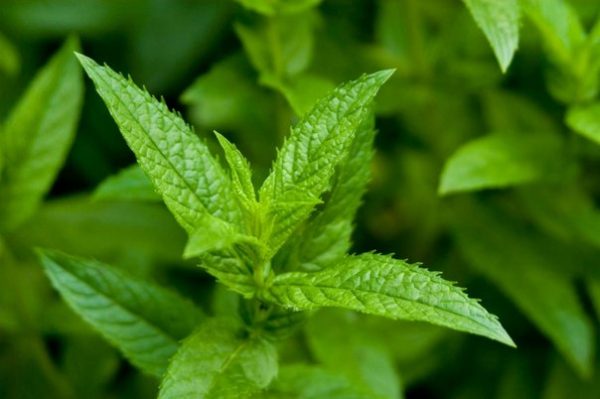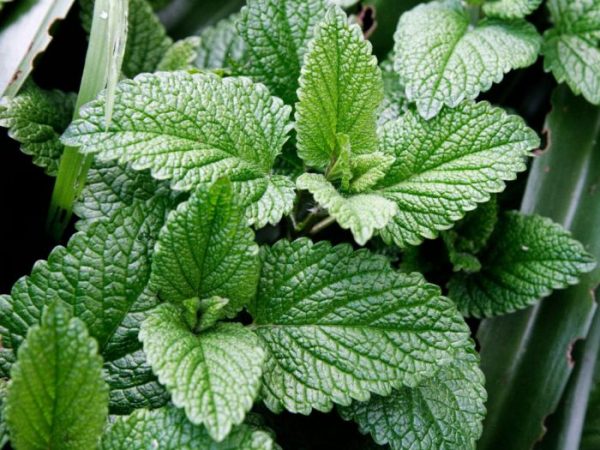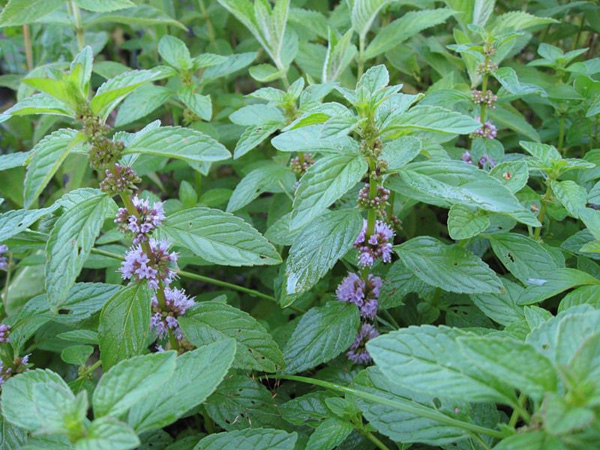How to properly harvest mint herbs: a practical guide
Content
What is the correct picking of mint
Like any fragrant herb, you want to keep mint until winter days and use it in all kinds of healing procedures. As a rule, it is dried to prevent decay and mold on the raw materials. Improper preparation, harvesting, or even drying can reduce the amount of plant properties retained.
The correct collection of herbs is called the collection that, after long-term storage in any form, will retain its healing properties and will be useful for a whole year. Many herbs, like mint, require a special approach to the preparation and processing of raw materials. Careful selection of the place and time for harvesting herbs for the winter is required, as well as special knowledge about further methods of proper drying and storage of harvested plants.
Video "How to collect mint correctly"
Practical advice on how to properly harvest mint for further drying.
When to start
Many may wonder: when to pick mint? The answer is simple, in the first summer months, when mint actively grows and begins to bloom. During this period, people actively begin to collect mint. It is important to keep track of the right moment of flowering and choose the optimal harvesting method according to the individual choice of each.
The collection depends only on the purpose and the parts of the plant that you want to collect. To obtain menthol extract, a period of full bloom is suitable. It is at this time that the plant is maximally filled with its aroma and essential extract. To dry the plant almost entirely (with stems), workpieces begin before flowering (buds appear).
After the beginning of flowering, you need not only to go to collect mint in any place where it grows, but also to know some rules. Thanks to which, you can preserve the taste, and, most importantly, all the medicinal properties after collecting and processing the plant. After all, non-observance of the rules can lead to unpleasant consequences, the result of which is an unpleasant smell of mint collection.
How to harvest mint correctly
So, let's look at where and how best to collect mint to get the most out of it in the future.
- Do not collect mint near roads or highly polluted air, this spoils not only the atmosphere, but also the healing flower that breathed it all. He will no longer possess his own healing properties, but, on the contrary, will only bring harm. It is better if you find a beautiful meadow of mint far outside the city and collect there, the time spent searching will bring more benefit in the future than hasty harvesting in the city.
- Too young mint does not have healing properties, its collection is useless. After drying, its properties will no longer be curative. All this is due to the fact that not yet fully nourished mint gives a different effect from very young plants and growing during the flowering period.
- Cut the stem off the ground, but do not break it off. Cutting it off, the stem collapses, and the plant will recover its strength for a long time. The plant should be cut by a third of the length.This will facilitate rapid further regrowth and possible additional harvest this season.
- Only healthy plants should be selected. Throw away faded, white and damaged ones immediately. They won't do you good.
- Choose a sunny day for a trip to collect medicinal herbs. It is better if this happens in dry and sunny weather. You do not need to go for mint immediately after rain or during the morning dew, before the plant has time to dry, the plant can rot.
- Bunches of collected herbs are hidden from the sun. The plant withers very quickly and can be wrapped in a damp cloth to maintain its fresh appearance and to avoid quick drying and curling of the leaves. After the extraction of the long-awaited mint with stems, it should be thoroughly washed and dried in a shady, ventilated room in small bunches in a suspended state.
The bundles should not be dense or large, this is necessary for good air permeability and protection from further decay. Spread the leaves on a thin layer of paper, newspaper or cloth. Turn them over from time to time. In no case should drying be accelerated by heating in the oven. All beneficial properties will disappear along with the aroma.
Within a week, the mint will dry out on its own. You can check its readiness by hearing a crunch when the stem breaks or the fragility of leaves that are well rubbed in your hands. For convenience, mint can be chopped and folded into a sealed container and dark place. The shelf life is no more than a year. Mint leaves can also be frozen. Just wash the mint, dry it lightly and wrap it in foil. Thus, in the freezer, it will retain its properties no worse than dried.
Video “Tips for Harvesting Long-leaf Mint»
Video recommendations for the step-by-step process of collecting and preparing for drying long-leaved mint.




